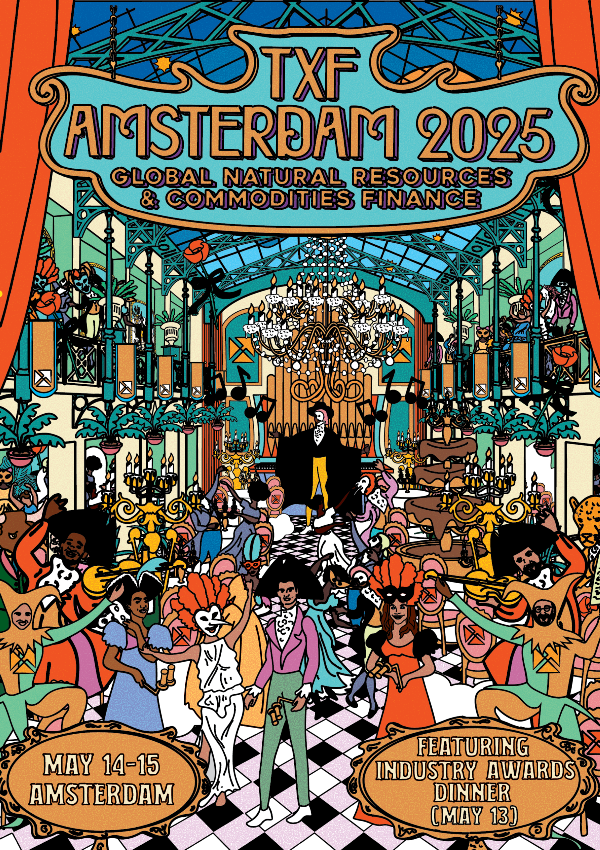Trade wars: Is the answer blowing in the wind?
TXF's head of trade, treasury and risk Katharine Morton mulls the implications of the accelerating trade wars on the fundamentals of relationships between global powers.

On 2 July, the rather unfortunately named United States Fair and Reciprocal Trade Act (FART Act, I kid you not), gained a lot more traction on Twitter than it is ever likely to see in Congress. It imagines a world where tariffs can be set by Presidential decree. However, the alleged act sets a tone (and a smell) of things to come in terms of how President Trump views the World Trade Organization.
It’s worth reflecting that tariffs are a tax on trade. The simplest way to avoid the tax is for goods and services not to move across borders. If tariffs or trade barriers are too high, simply move production to where they don’t occur. Many US (and other) multinationals have global footprints which allow them to switch production to another country, and many have already diversified so they can provide natural hedges to the vicissitudes of currency and tax (tariff) risk. For sure, input costs may be affected initially, and moving across borders when you aren’t already established, takes time, but many multinational corporations already have a diversified footprint. Small companies don’t always have that flexibility and luxury. Who will be hurt most by tariffs?
Trade finds a way, though, and if governments want to exact taxes on trade, there are always going to be limits to how much people are willing to pay. In the olden days, if the customs was charging a fee to move goods over their bit of the water, you simply moved upstream (or sailed in with the bootleggers in the dead of night).
Economic history is littered with stories of tariff escalation gone awry – from the Corn Laws, through Smoot Hawley Tariff Act (widely cited as one of the triggers for the Great Depression) until its repeal in 1930. Of course, for both of these instances, currencies were tethered to the currency of the greatest commercial power via the gold standard. Banks had to provide liquidity essentially between the US dollar and sterling. The corollary is the creation of currency unions (of tariff free borders in particular) started with the Zoll Verein – internal tolls and taxation common market – which lead to the gradual development in the 19th century of what would be become Germany – and of the EU this century.
So this is where I come to the interesting point. There is talk today of a trade war, or of many trade wars, and President Trump seems to like them as an easy win. Could there really be a simple trade war between the US and PRC? The simple answer is, not really.
I could refer you to the Thucydides trap which is often cited when a rising power raises fear in the incumbent power which escalates towards war. This shouldn’t happen – I raise this question simply to dismiss it as war between two city states of a few thousand people [Sparta vs Athens] is no way to describe the relationship between the US and PRC.
The PRC and countries around it and the US have a symbiotic relationship. That’s why there won’t really be trade wars. But more worryingly, there will be the fear of trade wars which create economic uncertainty particularly in countries with a trade surplus with the US. And, I leave a question to the ratings agencies, to which I haven’t yet had an answer, what happens to US corporate ratings when input costs from tariffs are taken into account? Interesting times indeed.
I'll be discussing Trade Wars: Potential impacts and implications in a webinar on Thursday 19 July. Please feel free to join me.





